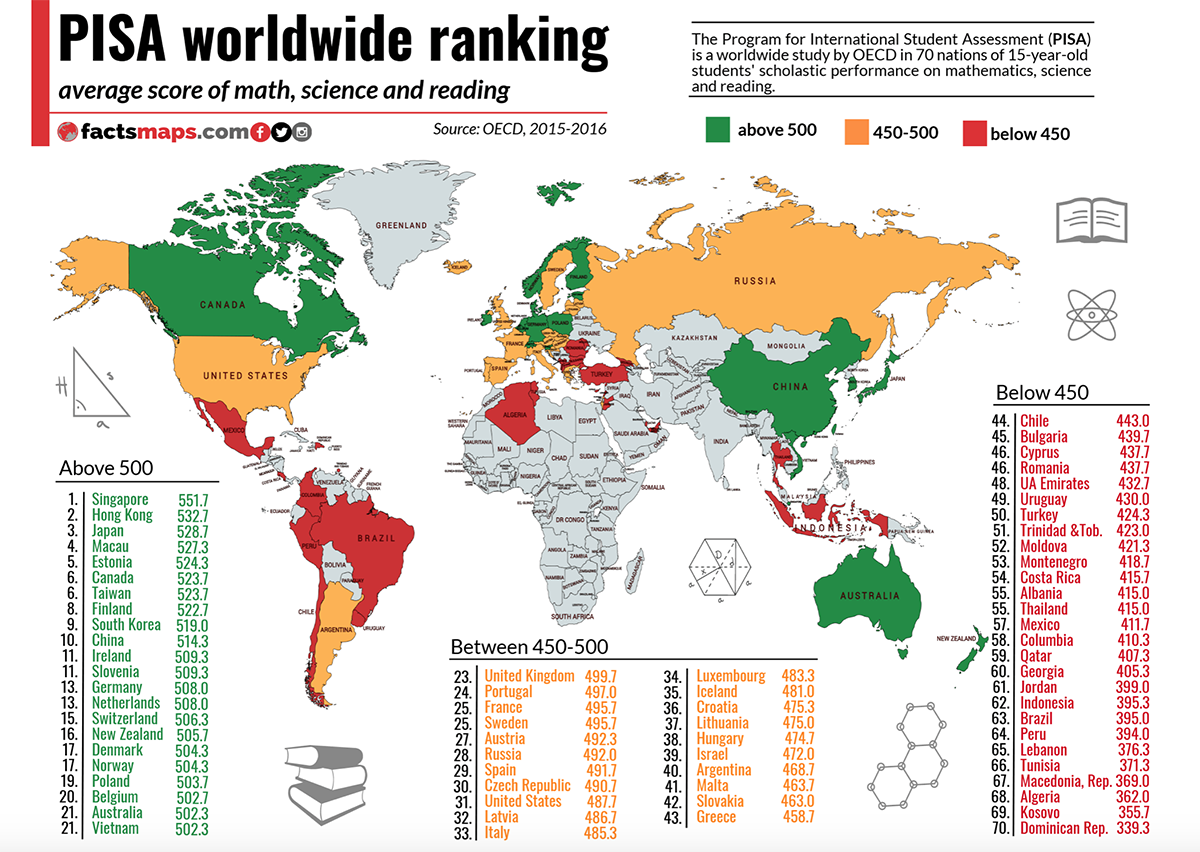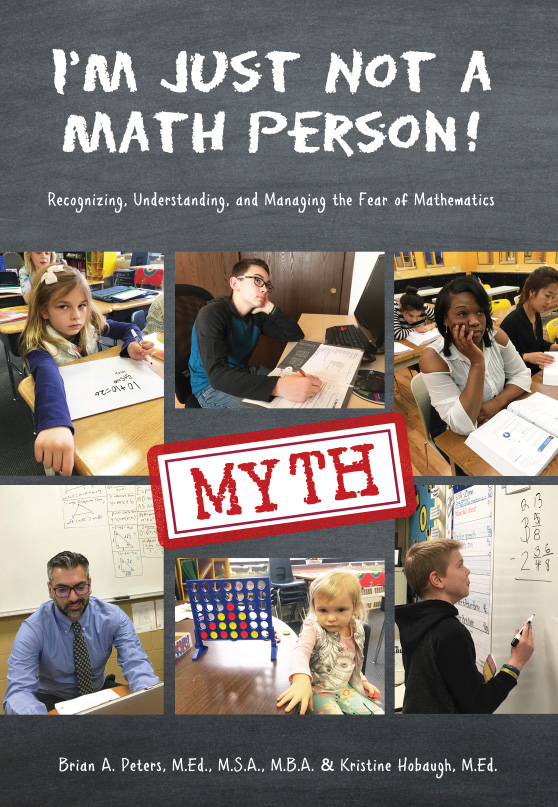Early Childhood
Better math = better lives. It’s that simple.
Rethinking math achievement by means of public perception, not public policy.
I recently read an article entitled, “9 Years Into Obama’s Common Core – Math Scores at a 20 Year Low and Falling,” which highlighted many of the concerns surrounding Common Core State Standards (CCSS). What most people agree on is that the CCSS has become a political punching bag. Too often we’re seeing politicians make an issue of “government-forced” standards and propose a wholesale rejection of the entire CCSS, only to copy it again in its entirety and call it something else. It’s true that the CCSS are not perfect, but established national standards are far better than what we had before, which was no form of normalized standards at all.
Let’s be clear on what the CCSS are and what they’re not. The CCSS provide detailed expectations regarding what students need to have learned, and ideally mastered, by the end of each grade. They normalize academic expectations so students in all areas of our nation, whether in our most populated metropolitan cities, our rural communities, or anywhere in between, have the same learning expectations and can compete on a level playing field regardless of geography. The CCSS are not a curriculum nor are they an instructional approach. Districts, schools, and teachers retain the flexibility to determine what balance they apply when it comes to the science and art of teaching.
The last time the Program for International Student Assessment (PISA) rankings were released was in 2015. At that time, the United States ranked 39th globally, which was last among first world nations.

The problems we’re experiencing with mathematic achievement aren’t a result of the standards in place. Rather, they’re due to a worrying social narrative that is now accepted without question: It is normal to dislike mathematics.
Perhaps you’ve heard someone say, or perhaps said it yourself, “I’m just not a math person.” Or, “I am a right-brained person, not a left-brained person, which is why I’m not good at math.” And then there’s, “My mom and dad weren’t math people either.”
Have you ever heard parents try to justify their child’s struggle in math? “I wasn’t a math person either.” Or, “Honestly, I didn’t really like math either and you don’t need to understand it to be successful, so it’s not a big deal.”
Not only are these comments from parents and other adults damaging students’ perceptions of learning mathematics, they’re also untrue! There are sundry studies that confirm our total lifetime earnings and overall quality of life are directly correlated to mathematics understanding and achievement.
Even administrators and teachers fall into the social narrative. “Our district has always had really low math scores.” Or, “Most of my students were years behind before they even got to my classroom. I’m just trying to help them pass my class.” This is the wrong approach to teaching. Passing a class should be viewed as a byproduct of helping students develop a deep conceptual understanding and application of mathematics concepts and skills.
As Dr. Jo Boaler points out in her research, anyone can learn math. Unfortunately, in the United States, we’ve developed a culture where it’s acceptable to express a dislike, disinterest, and often avoidance of studying mathematics.
Before we expect outcomes and achievement scores to improve, we have to reshape our societal views, but changing these views and expectations will not come by way of legislation or a new set of standards. Change will come from making mathematics, and specifically learning mathematics, meaningful, enjoyable, and accessible for all. Change will come from teachers expressing the same love, passion, and enthusiasm for mathematics as they do for reading and writing. Change will come from adults who do everything in their power to communicate to children the importance of mathematics, and encourage their children to learn mathematics, despite any misgivings or challenges they’ve experienced throughout their own education. Change will come from students expressing interest and excitement for learning mathematics. As leaders in education we should be working toward changing the perceptions of mathematics and learning mathematics. As perceptions move from negative to positive, so too will our outcomes.
It may pain our politicians to hear this, but the truth is that improving our nation’s mathematics outcomes will not come by way of legislation from either side of the aisle. Improving mathematic achievement will come from reshaping public perceptions and helping everyone — students, parents, and teachers — to truly believe that we are all “math people.”
I’m Just Not a Math Person!
Continuing on the theme of anxiety and struggling with mathematics in the classroom is the book I’m Just Not a Math Person! I wrote this book along with Kristine Hobaugh for administrators, teachers, parents, and students. I’m Just Not a Math Person! focuses on building relationships and confidence in the classroom to foster a learner’s mindset and help students and teachers achieve their goals. You can find this book here.





